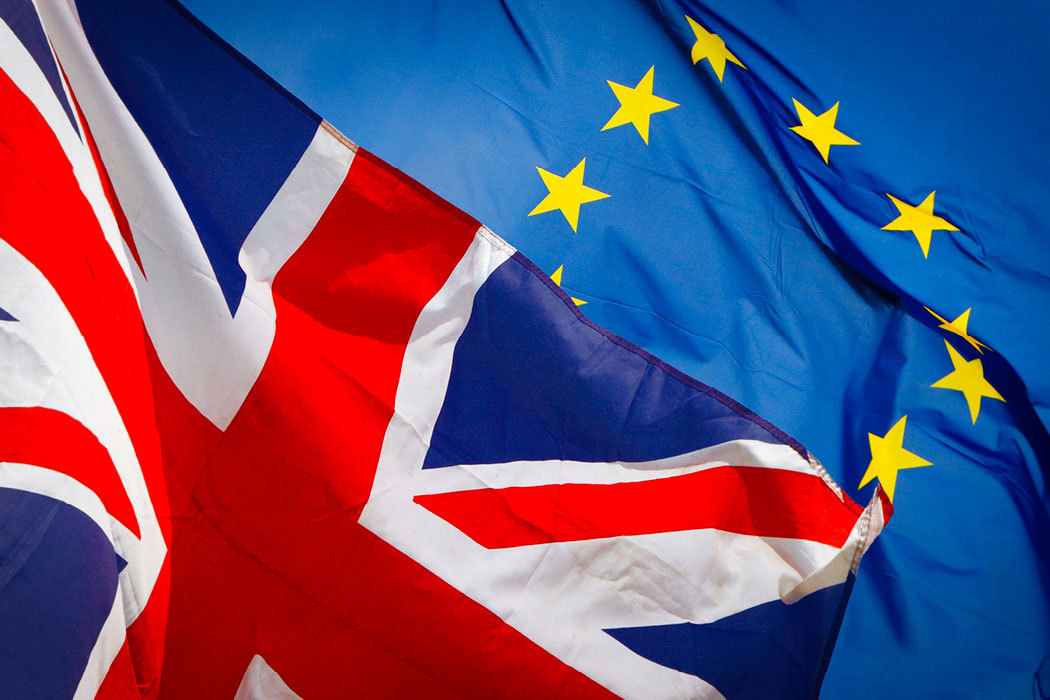
Regardless of whether a deal is going to be sealed with the European Union, one thing is certain: January 1, 2021 will prominently shift the waters for businesses that trade overseas, once the United Kingdom leaves the European Union’s Single Market and Customs Union.
At C.H. Robinson, we stay close to our customers as we continue to prepare them for the new reality post-Brexit. Our goal is to help them avoid potential disruptions in their shipping process and to serve their needs in the most efficient way. However, we realise that not all businesses are equally prepared for the upcoming changes Brexit will bring to their customs procedures and may still wonder what this could mean for their own shipping processes.
That is why we have gathered critical, up-to-date information, so that you can stay on top of the Brexit developments and avoid any despair in the short-term as we’re approaching the finishing line.
The current Brexit situation
As time is running out for the transition period of Brexit, there are currently no borders and no customs entries for shipments. Nevertheless, value-added tax (VAT) registered businesses need to report the supply of their goods and services using European Commission (EC) sales lists. If VAT registered businesses need to look only into the movement of their goods, they need to complete an Intrastat declaration. If the buyer is not registered, VAT will need to be charged.
Pre-Brexit considerations for a smoother transition
If you export from the EU to the UK and vice-versa you will need an Economic Operators Registration and Identification (EORI) number to move goods between Great Britain and the EU. If you haven’t applied yet for one, we strongly advise you to do so, as it can take up to a week to obtain one.
When the UK leaves the EU, it will become a third country. This means that there will be extra administration chores for those who trade between the two parties. As a result, numerous customs declarations will need to be submitted when exporting from the UK to the EU countries, and relevant duties may have to be paid. Failure to comply may lead to shipments being delayed or blocked. We encourage you to familiarise yourself with international commercial terms and conditions, such as Incoterms 2020, as this is where they come in handy.
Incoterms are a standardised international delivery set of rules that cover costs, obligations, and risks applicable between trading partners and are recognised globally. These rules help to clarify who is responsible for the costs involved in the delivery of goods; is it the seller or the buyer? Such costs include insurance, freight, shipping and duty as well as the associated filing costs of the declarations. It goes beyond saying that you should check whether you need a licence to export goods from the UK.
Your customs agent will ask you to complete an invoice, which details what goods you’re shipping, in what quantities, and what is their value. This will allow the correct classification to be applied. The completed invoice and any licences or certificates should accompany the goods while they’re in transit. It is important that you keep records of commercial invoices and any customs paperwork.
While preparing for your shipment, we also strongly advise that you transfer any customs data electronically to the destination customs authorities before you ship your goods, to avoid unexpected surprises on your shipping budget and additional delays.
Although shipping regulations will depend on the final deal agreed between the UK and EU at the end of the transition period, businesses should plan ahead to ensure they have a robust strategy in place at the end of December.
What we know so far, is that for goods moving to outside the EU, customs entries must be completed by law for transactions which are outside the scope of UK VAT.
Impact of Brexit on VAT, customs, and shipping costs
As previously mentioned, when the UK leaves the EU, it will become a third country. Consequently, the EU VAT scheme won’t be valid for a ‘third country’ and VAT will need to be paid in the UK when exporting from the EU. The final arrangements on VAT are dependent on the outcome of the negotiations.
Additionally, UK businesses will no longer have to collect any VAT on products sold to EU customer. This could positively lower prices, but Britain will also no longer benefit from the EU VAT refund system. VAT will be levied on imports of goods from the EU. VAT registered importers will be able to use postponed VAT accounting.
When it comes to custom and shipping costs, it is very likely that new customs charges and other fees could be introduced when shipping between the UK and EU. If costs are passed onto the customer, it’s important they know in advance. If they’re charged without prior warning, they can refuse to accept the goods. You’ll then be obliged to cover customs and returns costs. These are all costs companies need to be upfront about with their customers.
Other European shipping considerations
There are a few other logistics implications apart from VAT and initial Brexits costs that should be considered after January 1, including the effects of Brexit on clearance times as well as the management of shipping returns.
The UK government is providing support to ports, airports, and rail terminals to ensure sufficient infrastructure is in place. Despite this, clearance times are likely to increase for outbound vehicles, so be prepared for queues and delays.
Under the current EU law, citizens have the right to return a product within 14 days. This will no longer be mandatory post-Brexit for shipments outside the EU. Firms will need a solid strategy, so that all parties are aware of terms and conditions and of any costs that may be incurred, as offering returns won’t be as easy as they have previously been. Having such a strategy in place is very important, especially for the retail industry, since how a retailer handles the returns process influences customers’ perception of their brand.
For more information about Brexit and the impact it may have on your business, feel free to reach out to your C.H. Robinson representative or connect with one of our experts.



